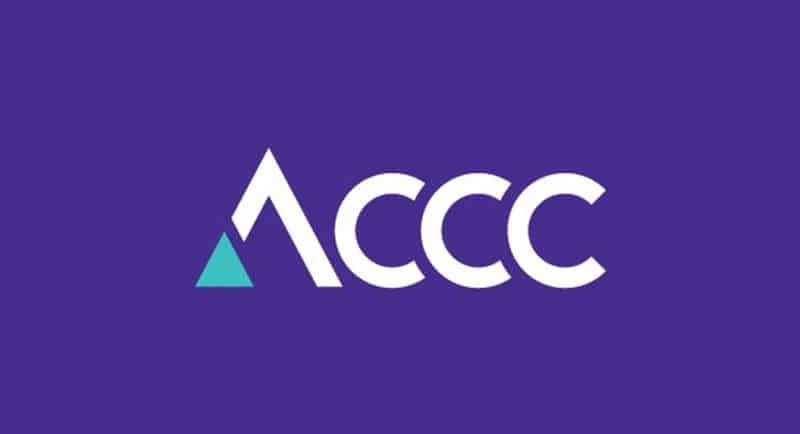Google’s proposed acquisition of cybersecurity consulting service Mandiant will not be opposed by the Australian Competition and Consumer Commission (ACCC).
ACCC chair Gina Cass-Gottlieb said: “Our investigation concluded that Google and Mandiant are not competitors in the supply of cybersecurity products and that this acquisition was not likely to substantially lessen competition.
“Our investigation found that there are a number of alternative suppliers of cybersecurity and cloud platform products.
“We found the acquisition was unlikely to give Google the incentive and ability to foreclose competitors in cloud platform or cybersecurity services due to the existence of alternative suppliers,” she added.

In reaching this view, the ACCC consulted with customers and competitors of Google and Mandiant.
Google announced its intention to acquire all of the issued shares in Mandiant, Inc. on March 7, 2022. The tech company is known for supplying software and internet-based products globally and in Australia.
Meanwhile, Mandiant provides cybersecurity consulting services and other internet security products such as software and managed services globally and in Australia. Both companies are listed on the NASDAQ Stock Exchange.
In considering the proposed acquisition, the ACCC applied the legal test set out in section 50 of the Competition and Consumer Act.

Section 50 prohibits acquisitions that would have the effect, or be likely to have the effect, of substantially lessening competition in any market.
In other Google news, the tech giant recently announced it will be delaying the phasing out of third-party cookies until the second half of 2024.
See also: Google delays the phasing out of cookies to 2024
Google’s vice president of Privacy Sandbox, Anthony Chavez, said in a blog post that over the past several months developers have tested a number of trial versions of new Privacy Sandbox APIs in Chrome as part of the Privacy Sandbox initiative.
“As developers adopt these APIs, we now intend to begin phasing out third-party cookies in Chrome in the second half of 2024,” he added.
In 2021, the tech giant said it would phase out the use of cookies by early 2022. It was then announced it mid-2021 that it had been delayed to 2023, as reported by CNBC.
